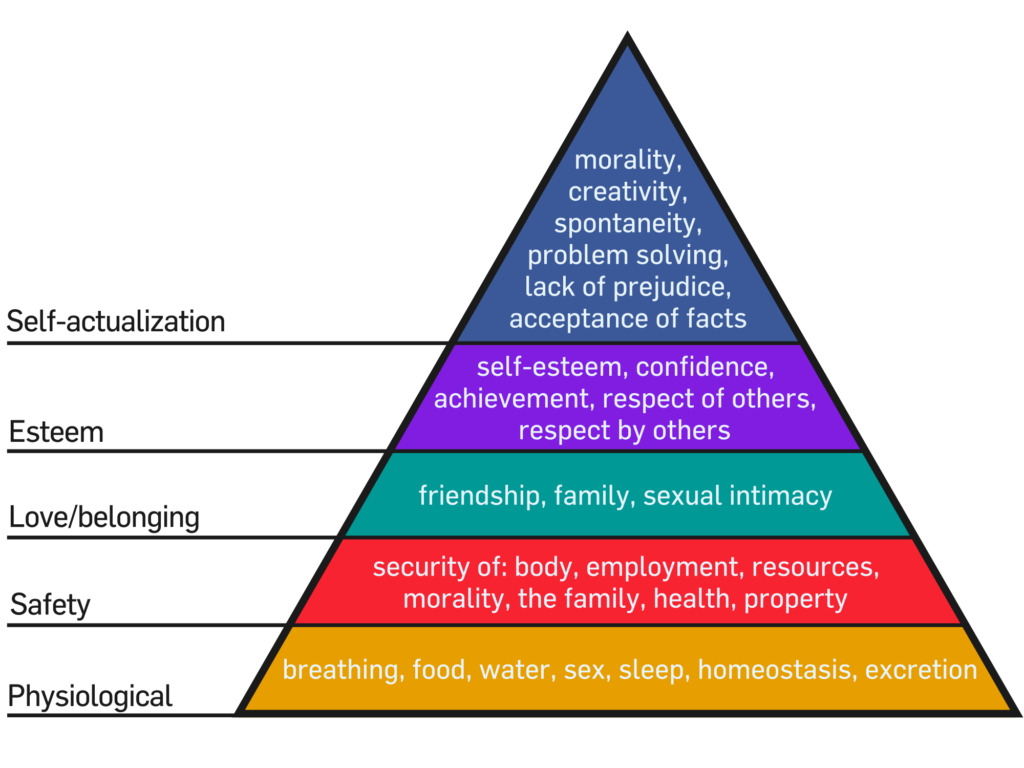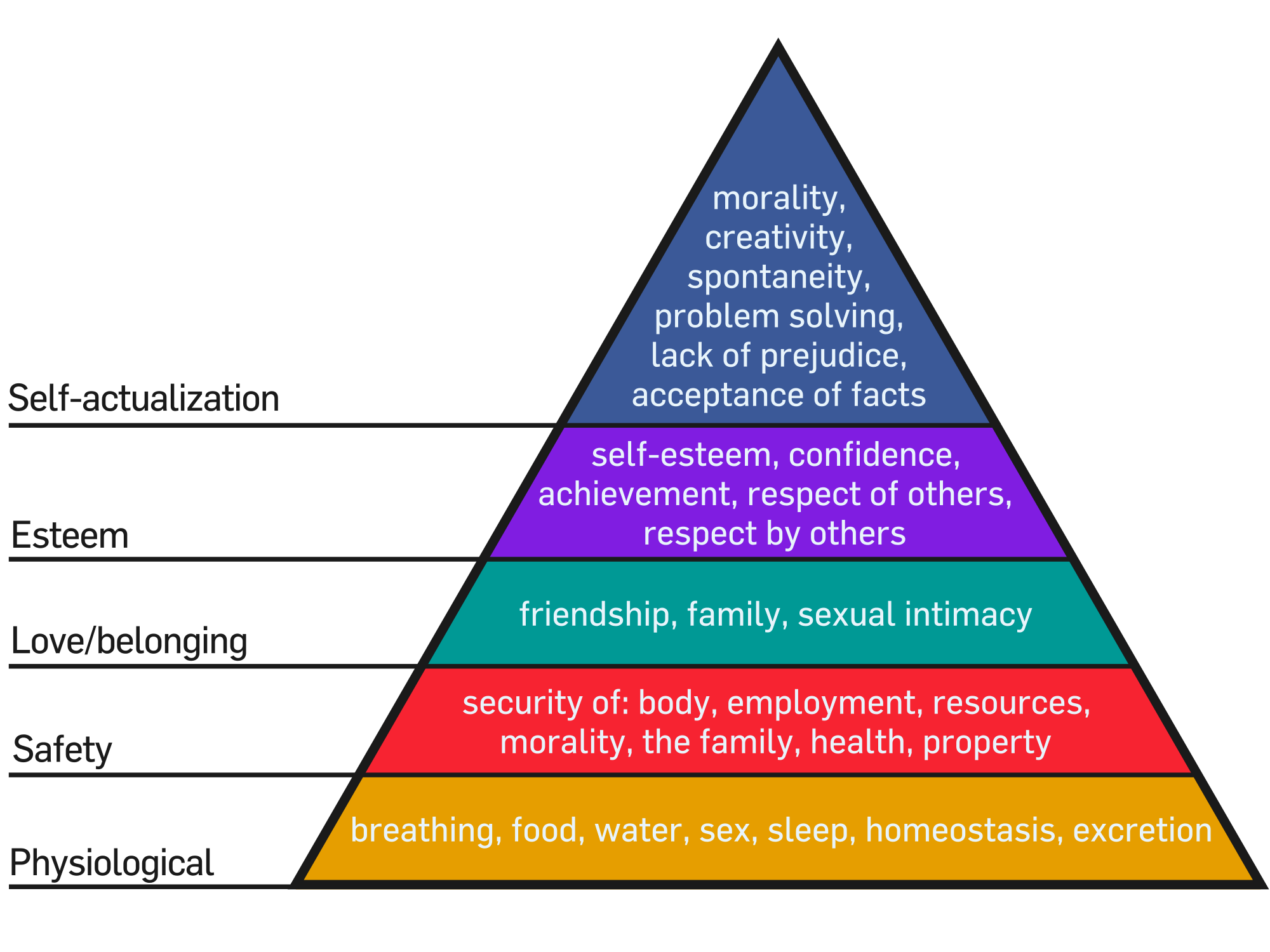
The mystery for me is still unsolved. Oh, not that one! They caught the guy at a McDonalds in Altoona. I refer to the puzzle of the narrow but nonetheless decisive electoral victory of DJT. This case is hot rather than cold considering all the amateur sleuths and officially designated democracy detectives declaring that this or that was the cause . (I just can’t write his name every time the need arises for a reference to #47.) As stated in the first post of this series, I believe the authority that caused this result remains unknown. (Reminder this is ‘authority’ as in “Power to influence the opinions of others, esp. because of one’s recognized knowledge or scholarship; authoritative opinion; acknowledged expertise.“)
The smart crowd in turning their interrogation lights on Fox News, Joe Rogan and even as useful idiot accomplices, the New York Times, Washington Post, CNN, etc believe that a media ecosystem that either maliciously spread misinformation or pusillanimously pussyfooted around the truths about the GOP candidate killed cock robin errr excuse me… democracy. That is, those entities persuaded, influenced, hornswoggled, hoodwinked, humbugged, and bamboozled a slice of the American public into shifting their votes to the Master of Mar-A-Lago or to sit out this election.
In making this accusation, which I documented in Part 2 of this series, our pundits and social media meaning makers refer to and rely upon — perhaps unconsciously — a century old concept: Manufactured Consent.
What the heck is manufactured consent?
Many apparently congruent but different things depending upon time and speaker — Thank you, Oxford Reference: (Emphasis added)
- A phrase originally coined in 1922 by the American journalist Walter Lippmann (1889–1974) to refer to the management of public opinion, which he felt was necessary for democracy to flourish, since he felt that public opinion was an irrational force.
- For Herman and Chomsky, the acceptance of government policies by people in the USA on the basis of the partial picture of issues offered by the mass media, denying them access to alternative views which would lead them to oppose such policies. They present this as a propaganda model in which the mass media select material in relation to the values of those in power.
- The concept found in Gramsci and Althusserian Marxism, in which the dominant class sustains its hegemony through engineering assent: see also ideological state apparatus.
- (sociology) The notion associated with functionalism that society is dependent upon the engineering of a consensus: see also consensus; legitimation.
- An allusion to the concept of ‘the engineering of consent’ defined in 1947, by the Austrian-American public relations pioneer Edward Bernays (1891–1995), as the art of manipulating people without them being aware of it. Bernays, a nephew of Freud, argued that people can be enticed to want things that they do not need if these are linked to their unconscious desires, a notion pursued by Dichter, the ‘father of motivation’. Source: Oxford Reference
And I think none of that is central to what happened in this presidential election, but Bernays is most useful as guide to what happened.
Consider these astute notes from a sharp journalist, Claire Cain Miller in the NYT interspersed with my questions in bold
“They (some young men) feel frustrated by the status quo, and they’re fed up with the system. They don’t trust politicians, and they want revolutionary change.”
Claire is describing men who were Trump voters. But… not always. Do we believe that the malpracticing media caused that frustration with the status quo? Or was it their immediate experience of living in the status quo? Consider this pop but perceptive little article: 11 Things That Were Affordable 10 Years Ago That The Middle Class Can’t Afford Anymore Sure, they then went and bet on games and bought concert tickets, etc… Don’t look at this ,orally or rationally: view the situation through their eyes
“They are men, many of them younger, who are looking for a champion. Once, they liked Senator Bernie Sanders of Vermont as a presidential candidate. This election, they voted for Donald J. Trump.”
Did the media make them Bernie voters and then make them Trump voters? Wow! Nice trick
“For certain voters, political preferences are defined not by party, but by their attitudes about the ruling class — whether they trust people in power, or think they’ve rigged the system against ordinary people.”
Attitude as pointed out in one of my first post-election posts is NOT shaped mainly by cognitive processes. We don’t think or read our way to that internal state, which affects an individual’s choice of action toward some object, person, or event. (Or as Bernays put it above — our unconscious desires,) In my thirty years of organizational learning projects, giving people more information or making them sit in classes didn’t tend to change their attitude toward the kind of issues targeted like safety or managing employees or communicating better. Instead, strategies known to be effective for ‘attitude learning’ seem to depend upon the use of human modeling. As the influential social scientist Albert Bandura, confirmed in a 1977 paper changes in attitude depend upon experience in an activity.

When it came to shifting or reinforcing attitudes of key voting segments, the various and often proliferating forms of media were the leaves fluttering in the wind. That wind this time had many vectors: the price of eggs, the tendency to let fear rule our minds, the latent but still potent misogyny and racism in American society, the resentment of elites, the relish of the swagger of the wrestling hero as he throws his opponent out of the ring.
Here’s a little more form the Cain Miller article:
“In the final New York Times/Siena College national poll in late October, nearly two-thirds of voters said the government was “mostly working to benefit itself and the elites,” rather than “the people and the country.” Eighty-two percent of Trump voters said so, twice as many as Kamala Harris voters. … “Young men feel the world closing in. They’re looking for recognition. And they get recognition from the Joe Rogans of the world, they get recognition from Trump, they get recognition from Bernie Sanders.”
And that brings us to Maslow. His work is influential but heavily criticized mainly because it lacked empirical evidence to support the hierarchy concept; in other words, the lower level needs like security. But a 2011 University of Illinois study “examined the association between need fulfilment and subjective well-being (SWB) across 123 countries, finding that many of the needs Maslow described appeared to be universal, but the order in which these needs are met had little impact on people’s satisfaction with life. In other words, higher-level needs like autonomy, social support, and feeling respected were still important despite the fact that lower-level needs were not being fulfilled.”
The critical point is need fulfillment’: the culprit in this chaotic election result is a failure to understand those needs. They weren’t preserving democracy. They weren’t protecting the weak and threatened. Apparently, and perhaps unsurprisingly with the advantage of hindsight, they weren’t protecting abortion rights. So, what were those needs? Let’s keep that discussion for next time but meanwhile please push back on this analysis with your own take. I would love some dialogue around my investigation of the causes of our current situation.

